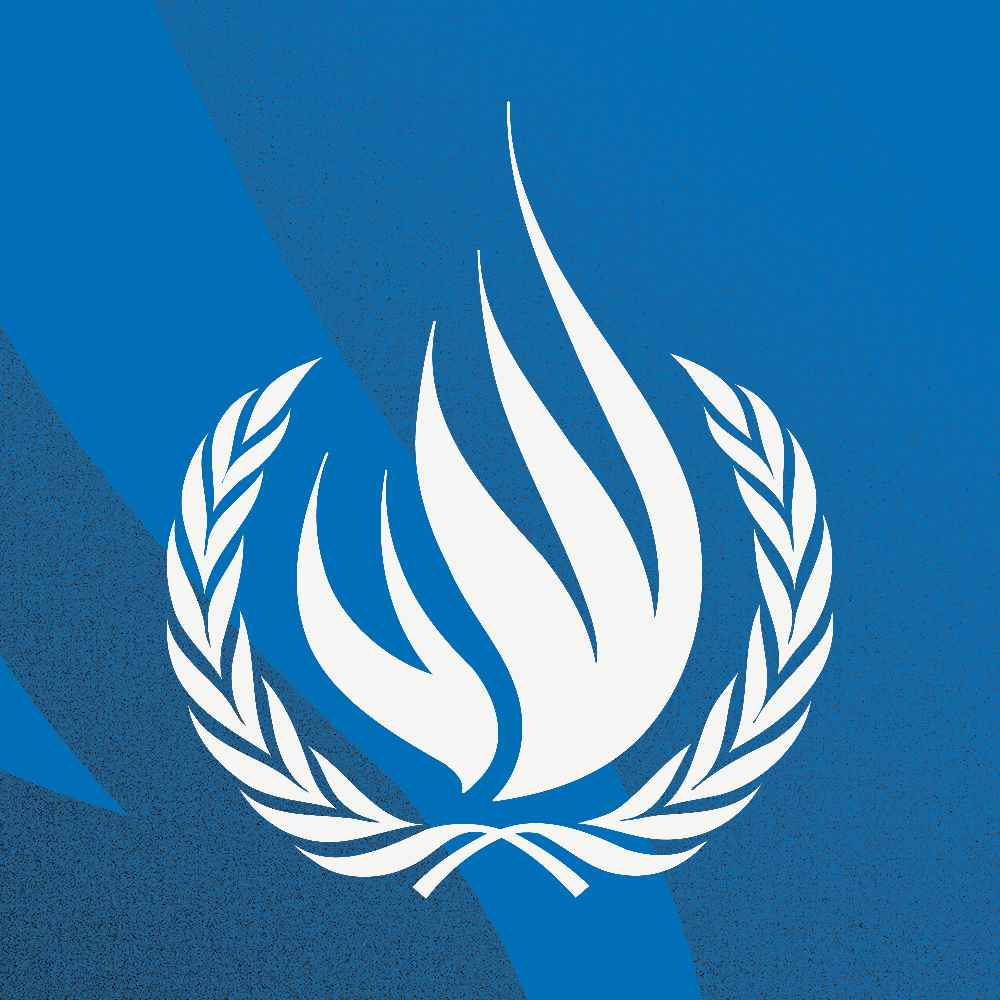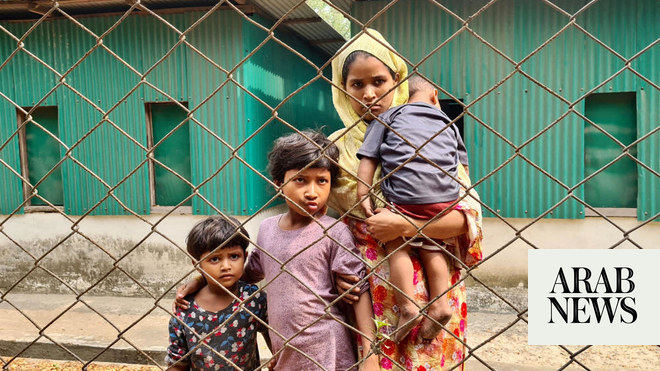
Myanmar rejected on Wednesday a scolding from the United Nations Security Council over the government crackdown against the Rohingya Muslim minority, saying that it could “seriously” harm its talks with Bangladesh over the return of the displaced.
Nearly a million Rohingya have fled to the neighboring country.
In a statement on Monday, the Security Council had urged Myanmar to “ensure no further excessive use of military force” and expressed “grave concern over reports of human rights violations and abuses in Rakhine State”.
Responding, Myanmar’s de facto leader Aung Sang Suu Kyi, whose less than two-year-old civilian administration shares power with the military, said the issues facing Myanmar and Bangladesh could only be resolved bilaterally, a point she says was ignored in the Security Council statement.
“Furthermore, the (Security Council) Presidential Statement could potentially and seriously harm the bilateral negotiations between the two countries which have been proceeding smoothly and expeditiously,” Suu Kyi’s office said in a statement.
Negotiations with Bangladesh were ongoing, it said, and the Bangladesh Foreign Minister Abul Hassan Mahmood Ali had been invited to Myanmar on November 16 and 17. Bangladeshi officials said, however, that the earliest talks were likely to take place was during the minister’s visit for a regional meeting in the Myanmar capital of Naypyidaw on November 20 and 21.
A senior Bangladesh foreign ministry official said the United Nations should be involved in the process to resolve the recurring problem of fleeing Rohingya.
“For years, we tried to resolve this issue bilaterally with Myanmar, but it was in vain,” the official told Reuters. “This problem is not going to be resolved anytime soon. The UN’s involvement in the process is a must.”
A sour note was struck over the talks last week, as Bangladesh officials voiced outrage over Suu Kyi’s spokesman casting suspicion that Bangladesh might drag its feet over the repatriation process in order to first secure hundreds of millions of dollars in international aid money.
Speaking at a conference for Commonwealth countries’ parliamentarians in Dhaka on Sunday, Bangladesh Prime Minister Sheikh Hasina called for more international pressure on Myanmar.
“I would request all of you to discuss Rohingya issue with utmost priority and exert pressure on the Myanmar government to stop the persecution of its citizens and take them back at the earliest,” she said.
US Secretary of State Rex Tillerson is due to visit Myanmar on November 15, with moves afoot in Washington to table a bill calling for sanctions on Myanmar that specifically target the military and related business interests.
The United Nations has denounced the violence during the past 10 weeks as a classic example of ethnic cleansing to drive the Rohingya Muslims out of Buddhist majority Myanmar.
Suu Kyi, a Nobel Peace Prize winner who defied the junta that ruled Myanmar for decades, has been pilloried abroad for not speaking out more forcefully to rein in the military. Last week she visited Rakhine for the first time since the crisis erupted, meeting community leaders and seeing the efforts to deliver aid and return the region to some semblance of normality.
On Monday, the Security Council unanimously approved the statement strongly condemning the violence against the Rohingya, a significant step that still fell short of a stronger resolution that Western nations wanted but China opposed.
The presidential statement expressed "grave concern" at reports of human rights violations in Rakhine by Myanmars security forces against the Rohingya. These include "the systematic use of force and intimidation, killing of men, women and children, sexual violence and ... the destruction and burning of homes and property," it said.
Britain initially circulated a Security Council resolution with similar language, backed by the US, France and other council members. But resolutions are legally binding and diplomats said China, a neighbor and ally of Myanmar, was strongly opposed. China is one of the five countries that have veto power on the council.
So Britain and France turned the resolution into a presidential statement, which becomes part of the councils record but does not have the legal clout of a resolution.
The council statement "expresses alarm at the significantly and rapidly deteriorating humanitarian situation in Rakhine state" and demands that the government grant "immediate, safe and unhindered access to United Nations agencies and their partners" and other aid organizations.
The statement called on Myanmars government to protect human rights, "without discrimination and regardless of ethnicity or religion, including by allowing freedom of movement, equal access to basic services and equal access to full citizenship for all individuals."
It urged the government to work with Bangladesh and the UN "to allow the voluntary return of all refugees in conditions of safety and dignity to their homes in Myanmar." It also stressed the importance of holding those responsible for human rights violations accountable.
Myanmars ambassador, Hau Do Suan, expressed deep concern at the statement, saying it was "based on accusations and falsely claimed evidence."
By contrast, Bangladeshi Ambassador Masud Bin Momen thanked the council for the statement, saying: "It will be quite reassuring for the Rohingyas and other communities forcibly displaced from northern Rakhine State since August 25 that the council remains engaged with their prolonged suffering, insecurity and uncertainty."












